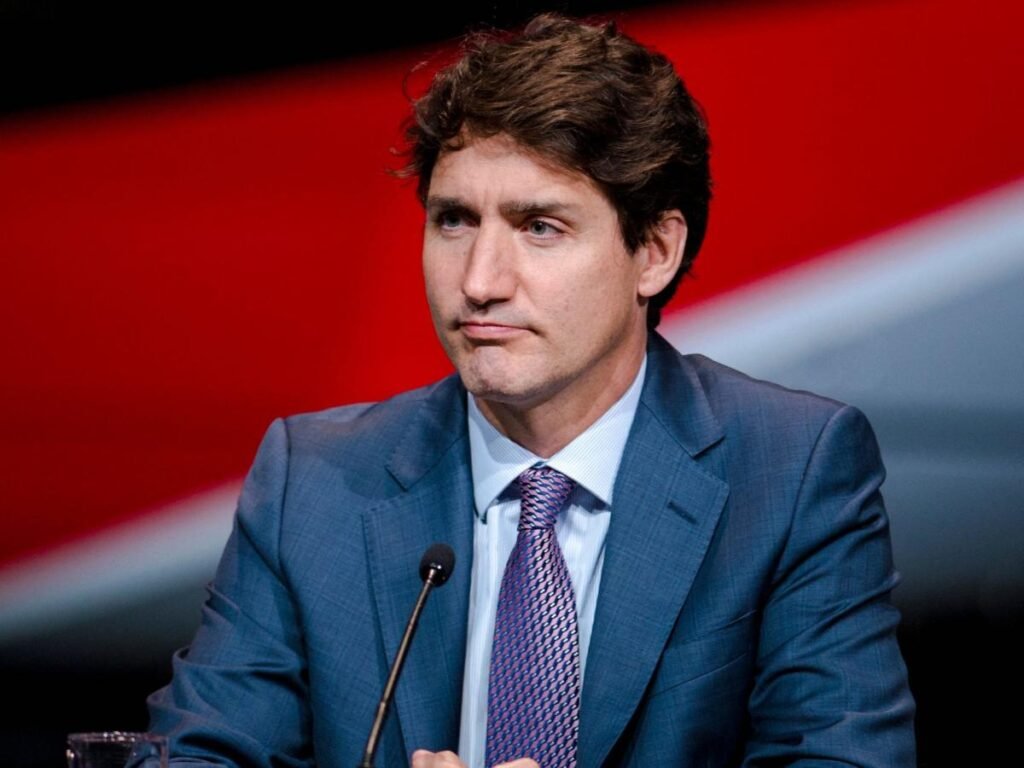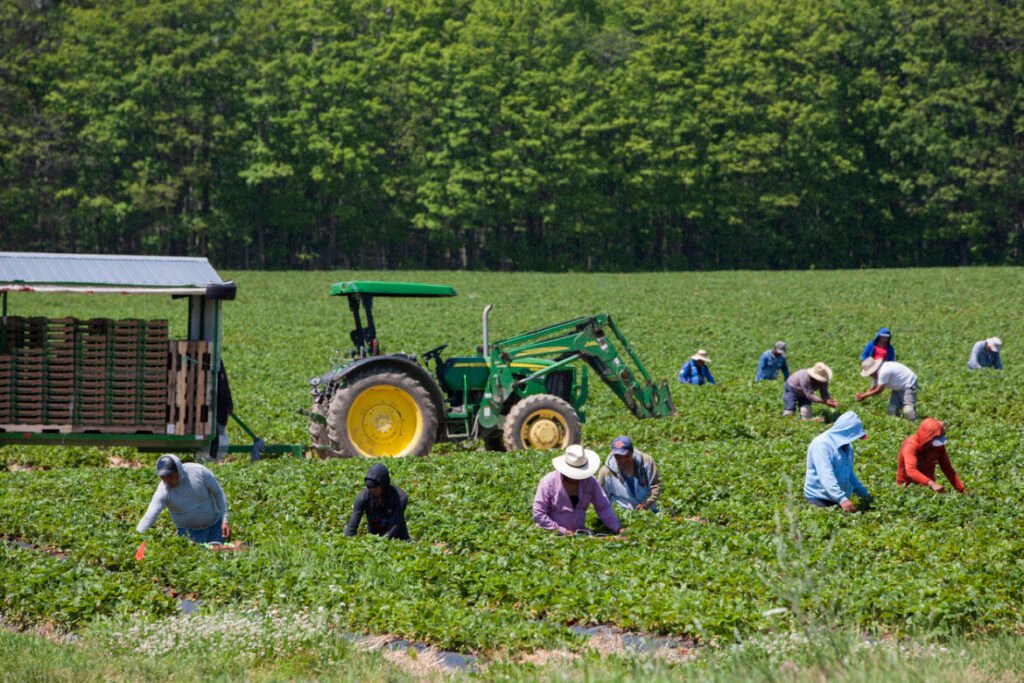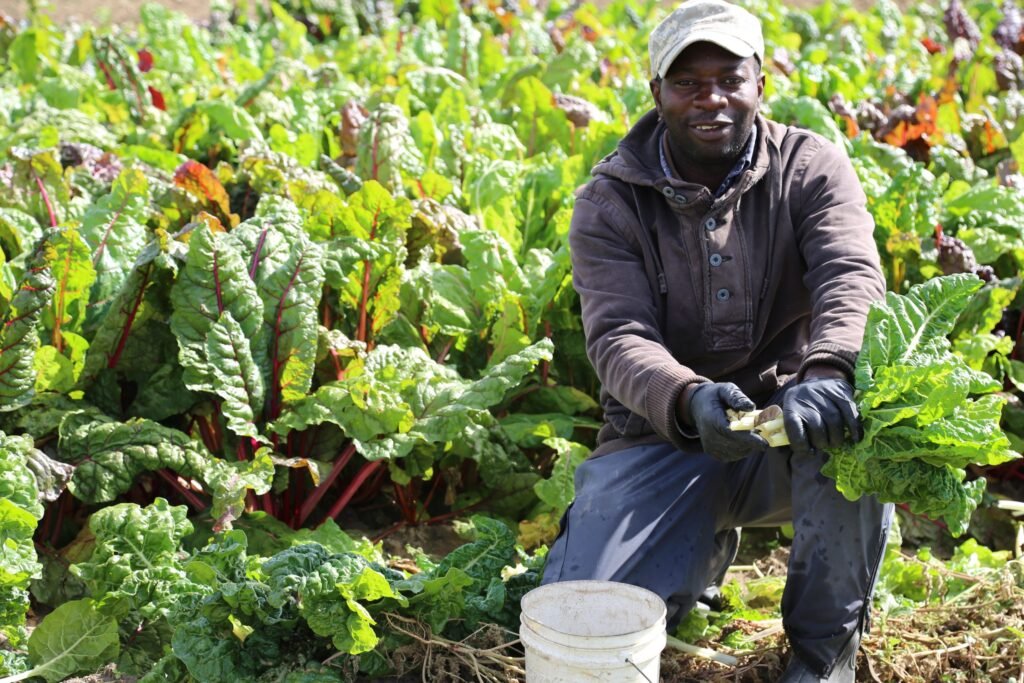Canada’s Shift in Immigration Policy: The Erosion of Promises and the Impact on Vulnerable Populations
Canada, once viewed as a beacon for immigrants and refugees in a world increasingly turning inward, has seen a marked shift in its stance on immigration over the past decade. Prime Minister Justin Trudeau’s administration, which entered office in 2015 with a vision of inclusivity and support for immigrants, now finds itself criticized for policies that many argue scapegoat immigrants for broader economic issues while maintaining a system that exploits foreign labor for corporate gain. This shift highlights a growing disconnect between Canada’s professed values and its current immigration practices.
The Abandoned Promise of Reform and Democratic Engagement
When Trudeau first took office, his campaign was grounded in a pledge to “make every vote count,” promising Canadians that 2015 would be the last election held under the first-past-the-post (FPTP) system. This commitment to electoral reform resonated with citizens eager for a more representative democracy. However, despite establishing a special parliamentary committee and engaging in public consultations that demonstrated widespread support for proportional representation, Trudeau ultimately abandoned this promise. His justification for retracting this commitment was grounded in his preference for ranked ballots over proportional representation, a model he argued was safer for Canadian democracy. Critics, however, view this as emblematic of Trudeau’s selective approach to democracy—an approach that favors personal and political preference over genuine public participation.

In subsequent years, Trudeau’s engagement with the public has become more controlled, relying heavily on media-managed appearances rather than direct interaction. His recent comments on a podcast revealed his reservations about proportional representation, reinforcing criticisms that his approach to governance is driven more by political expedience than by a genuine commitment to democratic principles. This disillusionment with Trudeau’s approach to democratic reform parallels mounting frustrations with his government’s handling of immigration policies, where vulnerable populations are increasingly viewed as expendable labor rather than valued members of society.

Shifting Immigration Policies: Exploitation and Scapegoating
As public dissatisfaction over issues like housing affordability and economic security has grown, the Trudeau administration has shifted its rhetoric on immigration, increasingly positioning foreign workers and international students as contributors to Canada’s challenges. Despite earlier policies encouraging international students to “study, work, and stay,” the government has pivoted, now citing them as factors in the housing crisis. Additionally, deportations have risen, pathways to permanent residency have narrowed, and temporary foreign workers face intensified restrictions. Rather than addressing structural issues, the government has chosen to direct public frustrations toward immigrants, often painting them as competitors for jobs and housing.
Underlying this policy shift is an economic model that favors corporate interests over immigrants’ rights. Programs like the Seasonal Agricultural Worker Program (SAWP) and the Temporary Foreign Worker Program (TFWP) have enabled businesses to exploit vulnerable foreign labor. Despite ending racial quotas on immigration in the 1960s, Canada’s immigration system continues to rely on a labor framework that often restricts migrant workers to low-wage, precarious jobs. These workers are tied to their employers, denied basic labor rights, and face deportation if they advocate for better working conditions or wages.

The Role of Temporary Foreign Workers in Canada’s Economy
Canada’s reliance on temporary foreign workers has expanded dramatically over the past two decades, particularly in agriculture and low-wage sectors. The SAWP, introduced in the 1960s, brought in Caribbean and later Mexican workers under the promise of economic opportunity but effectively trapped them in exploitative conditions with limited rights. These workers live in substandard housing, cannot unionize, and are sent back to their countries after the season ends, only to return under the same conditions year after year. Although the SAWP is frequently criticized by international human rights organizations, the Canadian government has exempted it from recent immigration cuts, demonstrating a willingness to preserve this system despite its known flaws.
The TFWP, introduced in the 1970s, has similarly enabled the government to meet labor demands without offering a path to permanent residency for the workers who fill these essential roles. This program expanded significantly post-9/11 and now includes hundreds of thousands of workers annually. Canada’s use of temporary foreign labor is among the highest globally, and one in twenty Canadian workers now holds a temporary foreign worker permit. Critics argue that this approach not only exploits foreign workers but also undermines labor protections for all Canadians, as it creates a class of workers who can be paid less and have fewer rights.
The Impact on International Students and Rising Xenophobia
As universities in Canada faced funding cuts, they increasingly turned to international students as a revenue source. By charging these students significantly higher tuition fees, universities have shifted financial burdens onto them while providing limited support for residency or permanent employment. Many international students arrive with hopes of securing permanent residency, often sacrificing financial security and enduring subpar living conditions to do so. However, with rising economic challenges, these students now find themselves scapegoated as contributing factors to the housing crisis and other social issues.
The government’s recent rhetoric, blaming immigrants for the housing crisis and rising costs of living, has sparked concerns about xenophobia. By suggesting that immigrants are responsible for overcrowded housing or job shortages, the administration shifts focus away from its own policy shortcomings. This deflection, critics argue, ignores the systemic issues facing the Canadian economy, such as inadequate investments in affordable housing and healthcare, instead casting vulnerable populations as scapegoats.
A Call for Reform: Permanent Status for All
In light of these challenges, advocates are calling for comprehensive reforms to Canada’s immigration policies. A fair and just approach would grant permanent residency to all immigrants who come to Canada for work or study, ensuring that they are afforded the same labor protections and rights as Canadian-born workers. This shift would benefit both immigrants and Canadians by eliminating the conditions that allow for exploitation and the “race to the bottom” in wages and working conditions.
By providing immigrants with permanent status, Canada could foster a labor market based on fairness, dignity, and respect for all workers. The current model, which benefits corporations while leaving immigrants vulnerable, ultimately weakens labor standards for everyone. Moreover, addressing the root causes of economic insecurity, rather than scapegoating immigrants, would contribute to a more cohesive and equitable society.

Rethinking Canada’s Immigration and Democratic Models
Canada’s recent policy shifts reveal deeper questions about the nature of Canadian democracy and the country’s approach to immigration. Trudeau’s reversal on electoral reform reflects a broader trend of selective engagement with democratic processes, prioritizing political convenience over genuine democratic input. Likewise, Canada’s immigration policies increasingly prioritize corporate interests, exploiting vulnerable foreign workers while publicly blaming immigrants for economic challenges.
The future of Canadian democracy and immigration reform depends on adopting a model that values inclusivity, transparency, and accountability. Ensuring that immigrants are treated fairly and equitably within the labor market, and that democratic reforms genuinely reflect public will, is essential to building a just and resilient society. For Canada to live up to its ideals, it must embrace a democratic framework that respects the rights and dignity of all individuals, whether they are citizens or newcomers seeking a better life.

